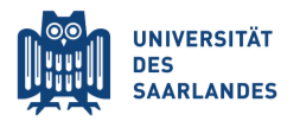Abstract
Previously, we reported gene amplification at chromosome 3q26-27 in more than one third of squamous cell carcinomas of the lung. Frequent amplification of eukaryotic translation initiation factor 4G on 3q27.1 indicated a possible role of this amplification in translation initiation. The analysis of 61 squamous cell lung carcinomas shows that the percentage of carcinomas with a 3q27.1 amplification increases in higher malignant tumors. Non-invasive (T1) and minimal-invasive (T2) tumor stages showed similar percentages of amplified and non-amplified tumors, whereas locally-invasive (T3) tumors revealed a statistically significant (p < 0.05) increased percentage of amplified tumors. Microarrays were used to analyze the expression pattern of genes mapping in the amplified domain and its flanking regions (3q25-28) as well as the expression of genes directly or indirectly associated with translation initiation in squamous cell carcinoma, large cell carcinoma, adenocarcinoma and small cell carcinoma. Three genes, namely FXR1, CLAPM1 and EIF4G, are most frequently overexpressed in the center of the amplified domain in squamous cell carcinomas. The eukaryotic translation initiation factors 4A1, 2B and 4B as well as the poly(A)-binding protein PABPC1 where found to be overexpressed in all lung cancer entities. We found, however, no overexpression of eIF4E. Our results contribute to the understanding of the frequent amplification processes in squamous cell carcinomas of the lung and to the understanding of the translation initiation that appears not to require eIF4E in lung carcinogenesis.

